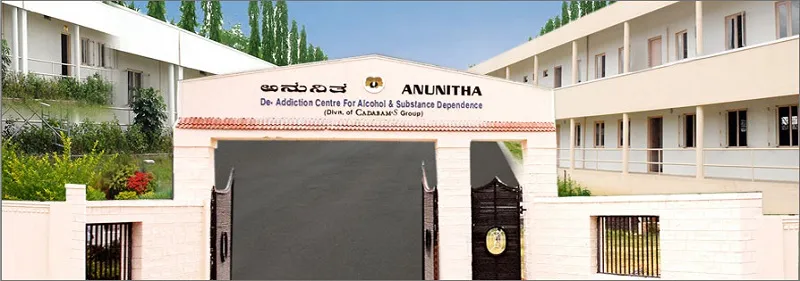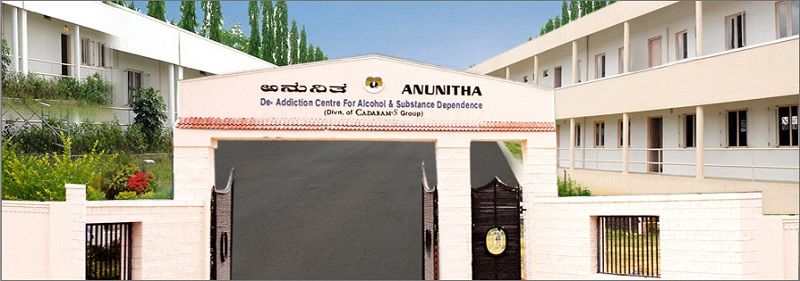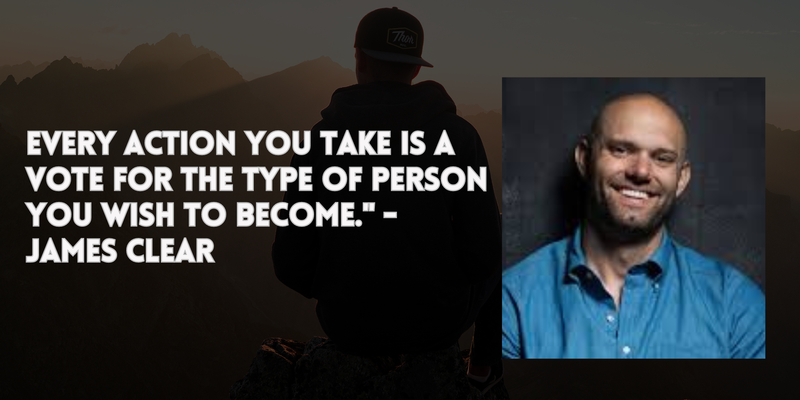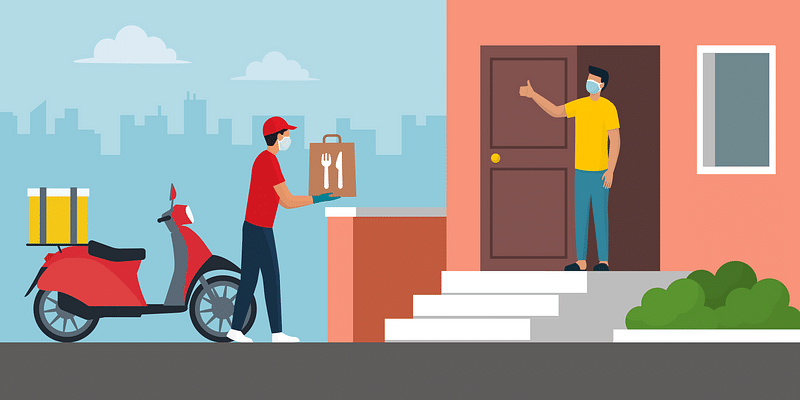Cadabams' Anunitha, an entrepreneurial venture into de-addiction in Bangalore

The Cadabam Group recently launched Anunitha, Centre for Alcohol & Drug De-addiction. YourStory caught up with Sandesh R Cadabams, Director, Cadabams' Group, to discuss about this entrepreneurial initiative. India needs mental health infrastructure to get more mainstream. Anunitha, we believe is definitely a step in the right direction.
Excerpt of our conversation with the young and driven Sandesh R Cadabams -
YS: What was the motive behind starting Anunitha?
Sandesh: The whole purpose of starting such a centre was to ensure that there is a scientific program backing a treatment. Whole aspect that is referred to as Recovery Program for persons related to addiction related issues are backed up scientifically as well. In the west, NHS guidelines in UK and SAMSA guidelines in the US/Canada, lay a lot of emphasis on the programmes. It’s kind of governed by the governing council from the state fund. That being the benchmark or the treatment protocol one adheres and observes. In India, there was no such benchmark. Nothing much which stated at what stage we are looking at the recovery and from what background. The idea was to have a treatment specialised centre for people with addiction related issues. That’s when we came with Anunitha - an Alcohol & Drug DeAddiction Treatment Centre.
YS: What more is in the pipeline? Will we see more specialised centres coming up?
Sandesh: Going forward, Cadabams will roll out further speciality centres. For example, we will roll out programs for people with intellectual disorders, programs specifically designed for Schizophrenia, programs specifically for Obsessive Compulsive Disorders commonly known as OCD and many more.
YS: What is the advantage of having such a centre?
Sandesh: It creates a place for a homogeneous group. By virtue of creating a homogeneous group with various people at different stages of recovery the chances of recovery is that much higher. It’s a nutshell of what we call as an evidence-based program.
YS: How come such a specialised treatment has not been initiated in India earlier?
Sandesh: I think as a country we are still not mature to take tertiary health services in mental health. We are very dependent on treatment of mental health centred on psychiatrists. There is no space or meaning for a multi-disciplinary team like the counsellor, social worker, clinical psychologists at a level because the emphasis is always on secondary care mainly the hospitals where the core focus is pharmacological and everything else is an allied service. But in case of a rehab or a tertiary care setting each one of them will play a critical role. A counsellor will work closely with the psycho sociable behaviour which is nothing but the mind on the social front. It’s a scenario where the counsellor/social worker will understand much more than a psychiatrist. A psychiatrist’s role is equally important with the pharmacological intervention. If we put a similar situation in case of de-addiction it becomes even more critical. We are mostly talking about family related issues, upbringing related issues, peer pressure issues, personal challenges and lifestyles related issues and other social related issues. We are talking about the need for professionals to step in.
One will really be surprised to know that something as simple as motivation can be broken down and there are professionals who are trained with various therapies.. Something as simple as motivation therapy can be administered at a group and an individual level differently.
YS: What does a mental health professional do?
Sandesh: They work with people to understand their way of life, their behaviour, their attitude, talking about everything with the person. It’s always nice to bring it out in a very different way.
YS: Are you planning to expand the service?
Sandesh: I am really looking at scaling each of our centres by end of 2014 or early 2015 to various cities across India. We are looking at central Africa and east Africa (especially Tanzania, Kenya, Uganda, UK, and Europe)
YS: What is the percentage of people with known psychiatric illness in the country?
Sandesh: Seven per cent of this country (this does not include people with alcohol related issues, alcohol related illnesses and ailments) is known to suffer from some mental disorder. One in 20 people who consume alcohol have a tendency of substance abuse. One in two or as much as 90% have the tendency of being dependent when it comes to drug related issues. Another trend which is increasingly growing in India is behavioural related issues like gambling, video games, internet and sex addiction.
YS: What is your biggest challenge at present? And what is the solution?
Sandesh: Prescriptions drugs are growing at an exponential rate in India. Pharmacy related laws are not very stringent and we don’t have a centrally monitored prescription. Great levels of awareness and to show that there is hope through recovery will pass on a lot of meaning to solve this issue. In countries as small as Australia and UK there is an effective mental health literacy programme in schools. We only talk about mental health education. We need to go deeper and remove the stigma that is attached to mental illeness. As physical health is important, mind is equally important if not more. Even if it takes time its important that we put in place a little module which can be followed as a norm.
YS: What is the duration of the recovery program?
Sandesh: Ideally we are looking at 21 days to 90 days as the duration of treatment. One takes time to recover at a physiological level and then move on to de-addiction/detoxification. It really depends on the stage of dependence that the person checks into the program with. Even for the highest level of dependence one is looking at 90 days treatment.
YS: How would you define success?
Sandesh: If the recovery rate is 70-80% recovery (if not 50-50), since the tendency of relapse is relatively high.
YS: What is your next big move?
Sandesh: Scale it up locally irrespective of size. To be able to have sustainable centres with 40 or 50 beds. One hundred and fifty two beds centre is arguably the biggest de-addiction centre in the country today.
YS: What is your message to our readers?
Sandesh: My request to the readers of YourStory is to treat Mental Health as a state which can be cured. Mental health should not be sympathised, instead one should realize that there is treatment available for these people and it can be cured.
Fore more information on Anunitha visit http://www.cadabams.org/anunitha/
Cadabams is making pioneering effort in the field of mental health. Its high time, we as a country become collectively conscious to this issue, which remains in the dark background because of the collective denial of society.











